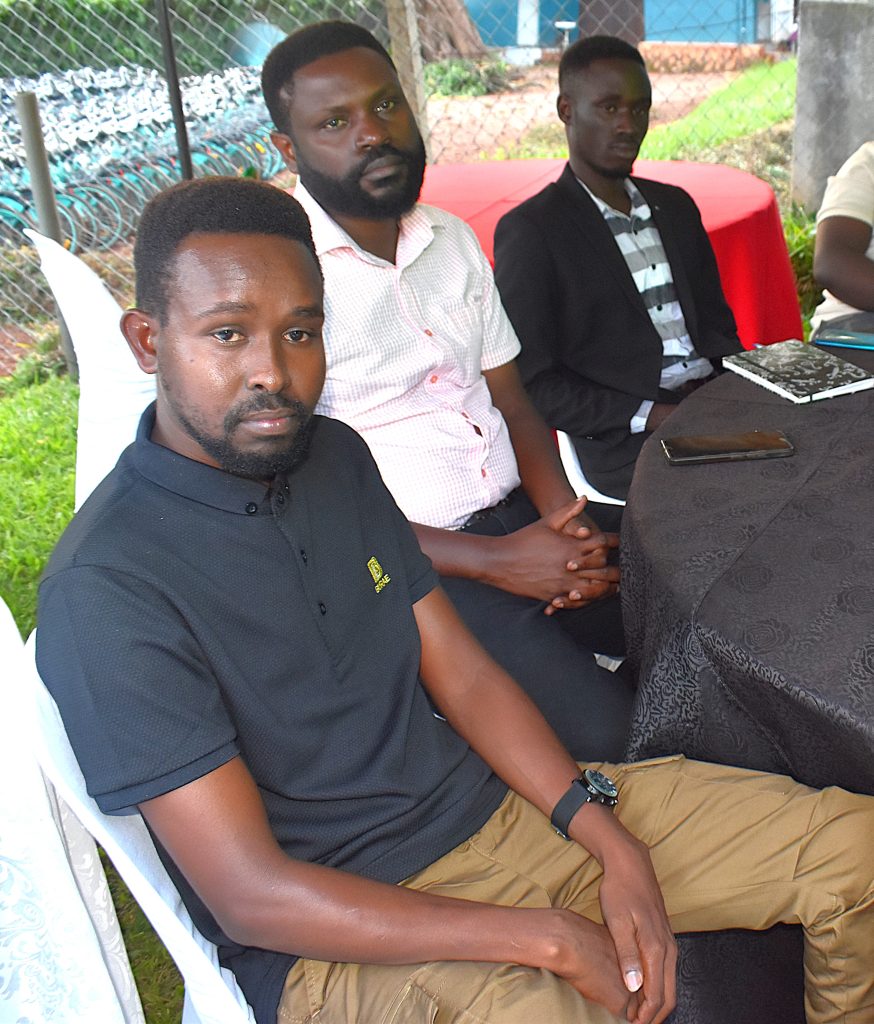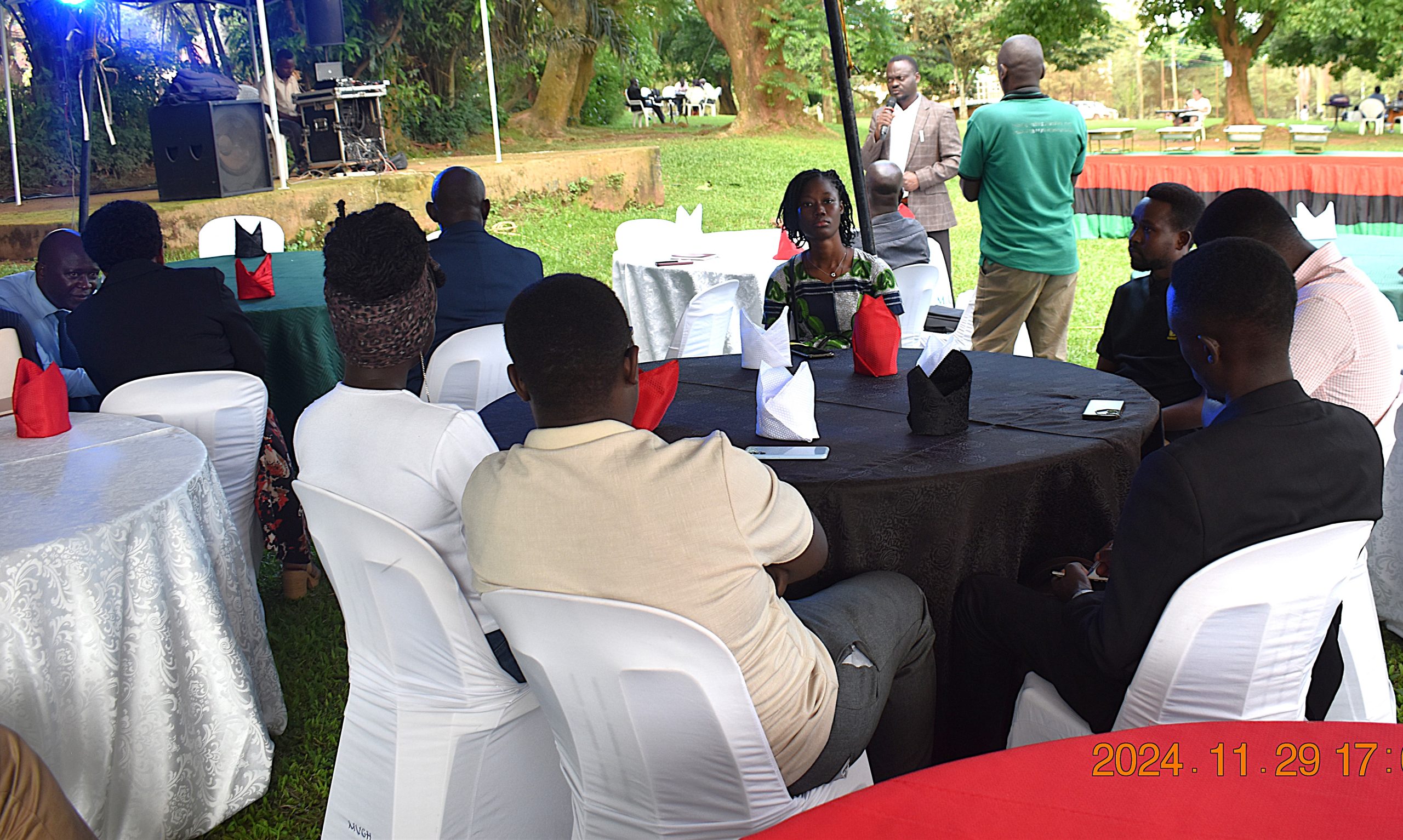
*****Building Capacity for Climate-Resilient Food Systems in Africa (CaReFoAfrica) Project, a three-year intra-Africa Academic Mobility Scheme co-funded by the EU will sponsor various programmes at Makerere University including student and staff mobility, and traineeship.
Overview
Climate change has massive impacts on the agricultural sector in Africa. The problems of climate change affecting the sustainability of the agricultural sector and food security in Africa are urgent and complex. The science and tools to deal with climate change are developing rapidly and go well beyond classical agricultural sciences and thus requires a transdisciplinary focus.
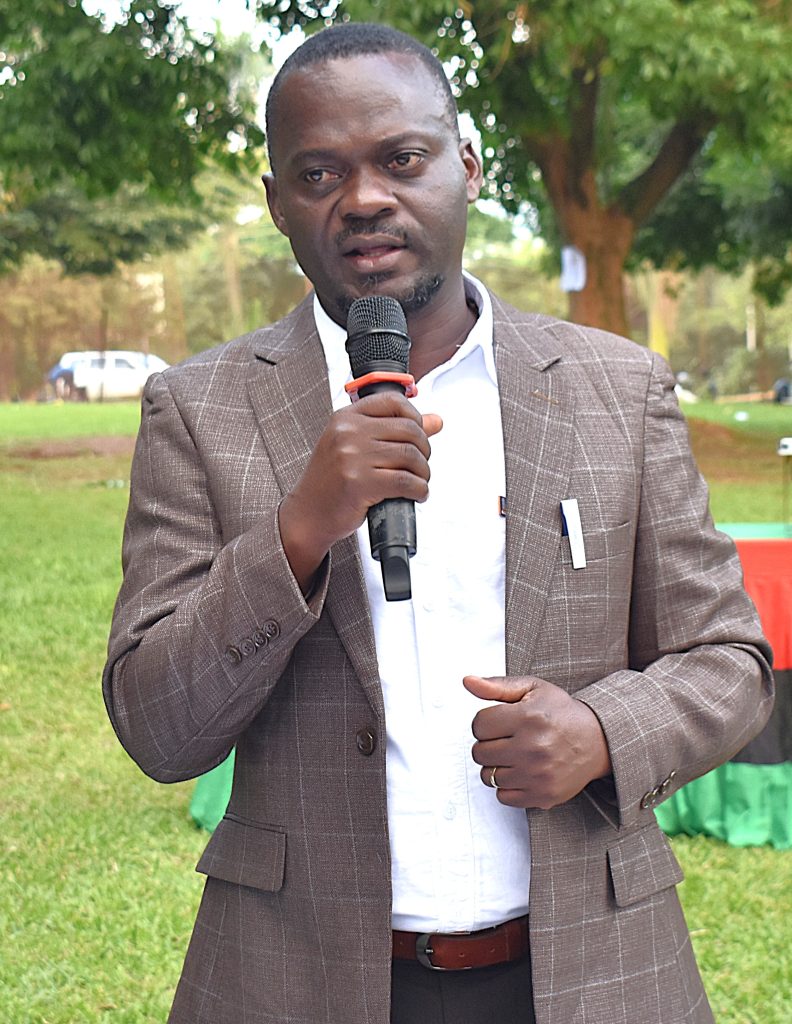
The CaReFoAfrica project, an intra-Africa Academic Mobility Scheme co-funded by the EU aims to build human capacity in the field of climate change mitigation and adaptation in the agricultural sector of Africa. The project provides mobility scholarships for African M.Sc. and Ph.D. students, for trainees, and university staff members to travel and study abroad. The project offers a wide range of exciting academic courses at 6 African universities namely: Université d’Abomey-Calavi, University of Eldoret, Université Evangelique en Afrique, The University of the Free State (UFS), Makerere University, and Maseno University.
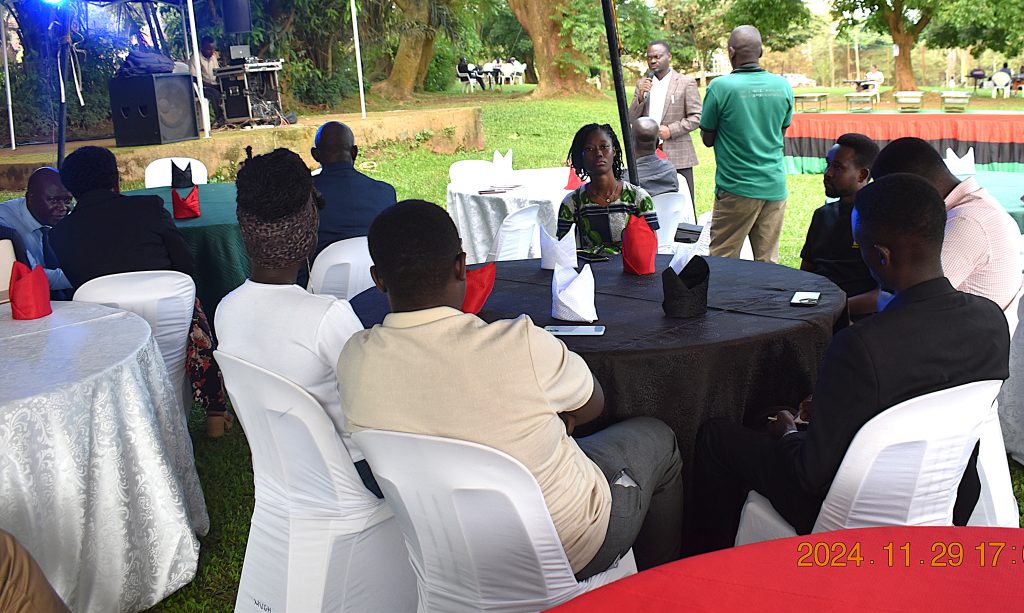
Under the project, two students namely: Mack Lemagite Lepulelei from Maseno University in Kenya and Emmanuella Merveille Lanyan from Abomey Calavi University in Benin have been sponsored to pursue an MSc in Animal Science for three years at the College of Agricultural and Environmental Sciences (CAES), Makerere University. Another student has been sponsored to study an MSc in Computer Science. The project has also sponsored Mr. Henry Magara, an academic staff at CAES to pursue his PhD studies at Abomey Calavi University in Benin.
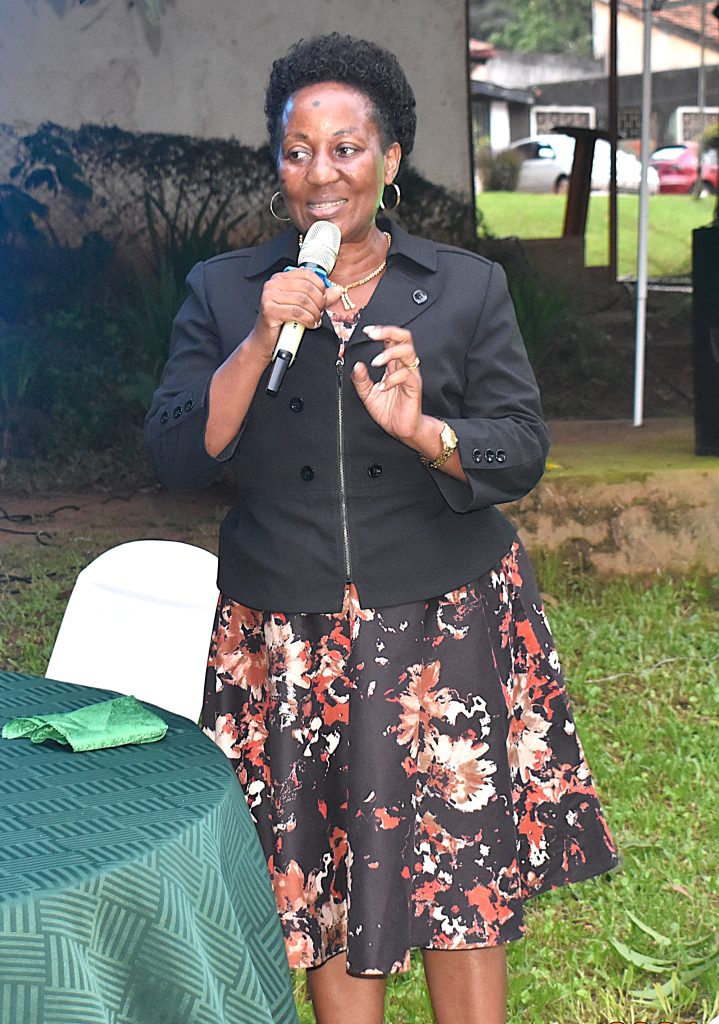
Welcoming the newly recruited students As per culture, new students admitted to Makerere University are oriented on various programmes to help them fit in and pursue their studies comfortably. On 29th November 2024, the College of Agricultural and Environmental Sciences (CAES), Makerere University held an induction ceremony for the newly admitted students. Coordinated by the CaReFoAfrica Coordinators at Makerere University, Dr Constantine Bakyusa Katongole and Prof. Isa Kabenge, the ceremony was attended by the Principal of CAES, Prof. Gorettie Nabanoga, the Deputy Principal, CAES, Prof. Yazidhi Bamutaze, the Dean School of Agricultural Sciences, Dr. John Baptist Tumuhairwe, the Ag. Head, Department of Agricultural Production, Dr Peter Wasswa, and representatives from various administrative units of the University. The purpose of the meeting was to promote the project, welcome and recognize the students recruited under the project, establish a relationship between the students and staff, provide information about the different services at the University, and to help allay fears that would make the students uncomfortable.
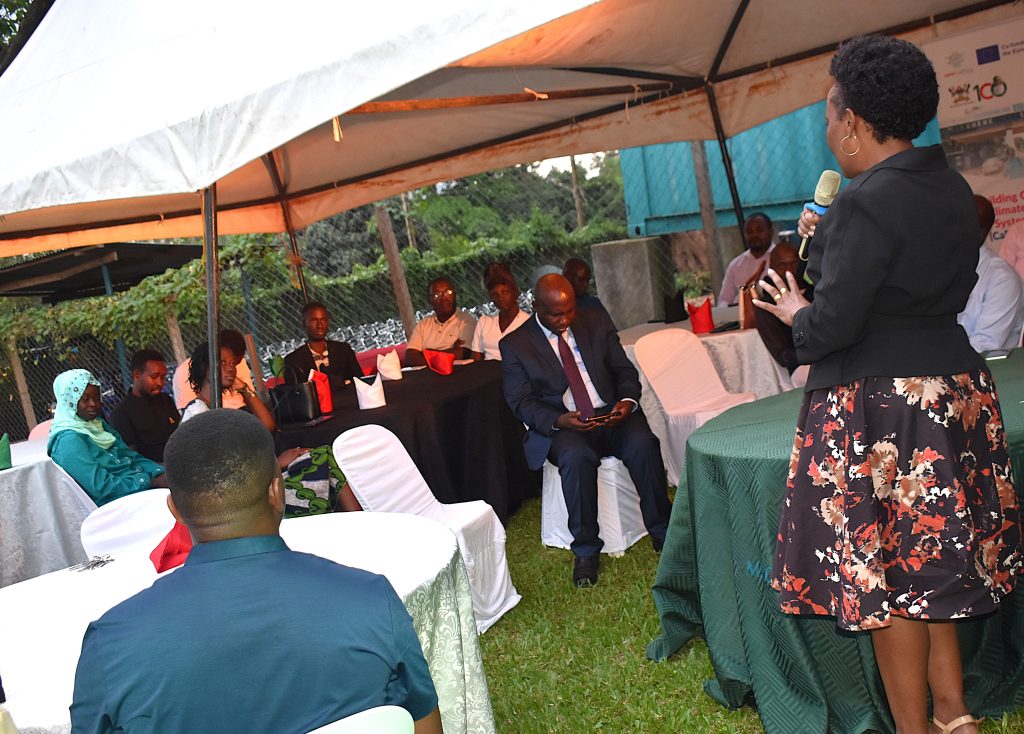
In her remarks, the Principal of CAES, Prof. Gorettie Nabaonoga appreciated the PI and his team for successfully delivering the project. Welcoming the students, she noted that they bring a wealth of experiences that will contribute to the College and University internationalization agenda. She urged the students to seek support in case of any challenge, and cautioned them to work hard to complete on time. She expressed gratitude to the EU for its unwavering support to development projects at the University.
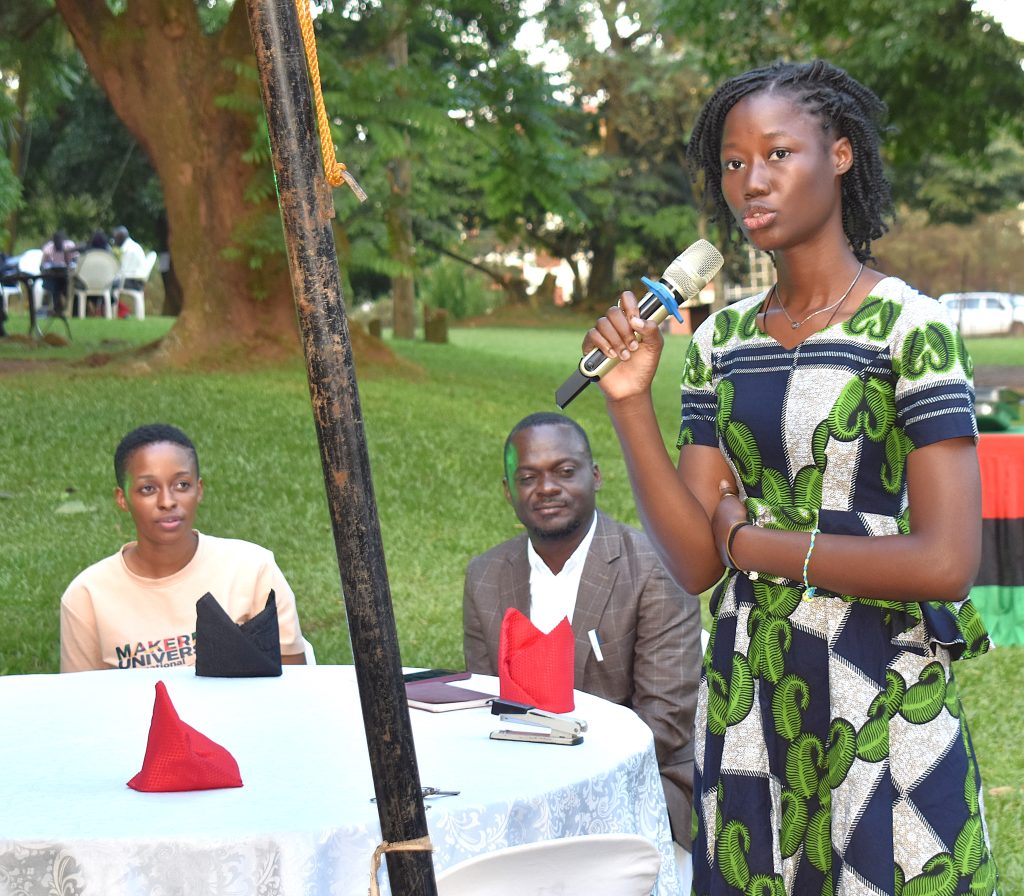
The Deputy Principal of CAES, Prof. Yazidhi Bamutaze equally appreciated the project team for winning the grant. He also thanked the EU for funding the project. He briefed the students on the programmes at the College, and encouraged them to remain focused to achieve the objectives of the project.
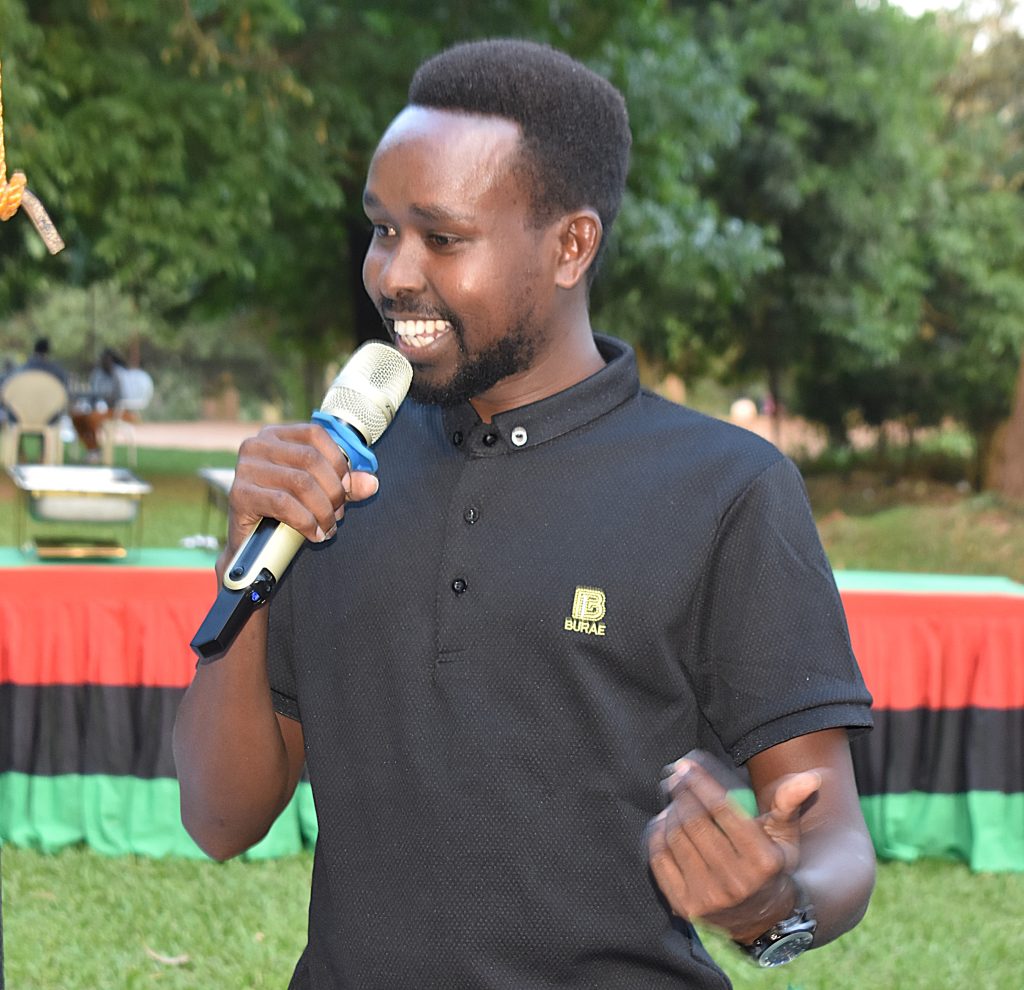
Similarly, Dean School of Agricultural Sciences, Dr John Baptist Tumuhairwe welcomed the students, briefed them on the academic programmes at his school, and cautioned them to work hard. “The time you spend on the programme is you own making. Put in effort to complete on time.”
Representatives from the Academic Registry, Counseling and Guidance Centre, and the International Office briefed the students on the services offered in their respective units, urging them to always seek support.
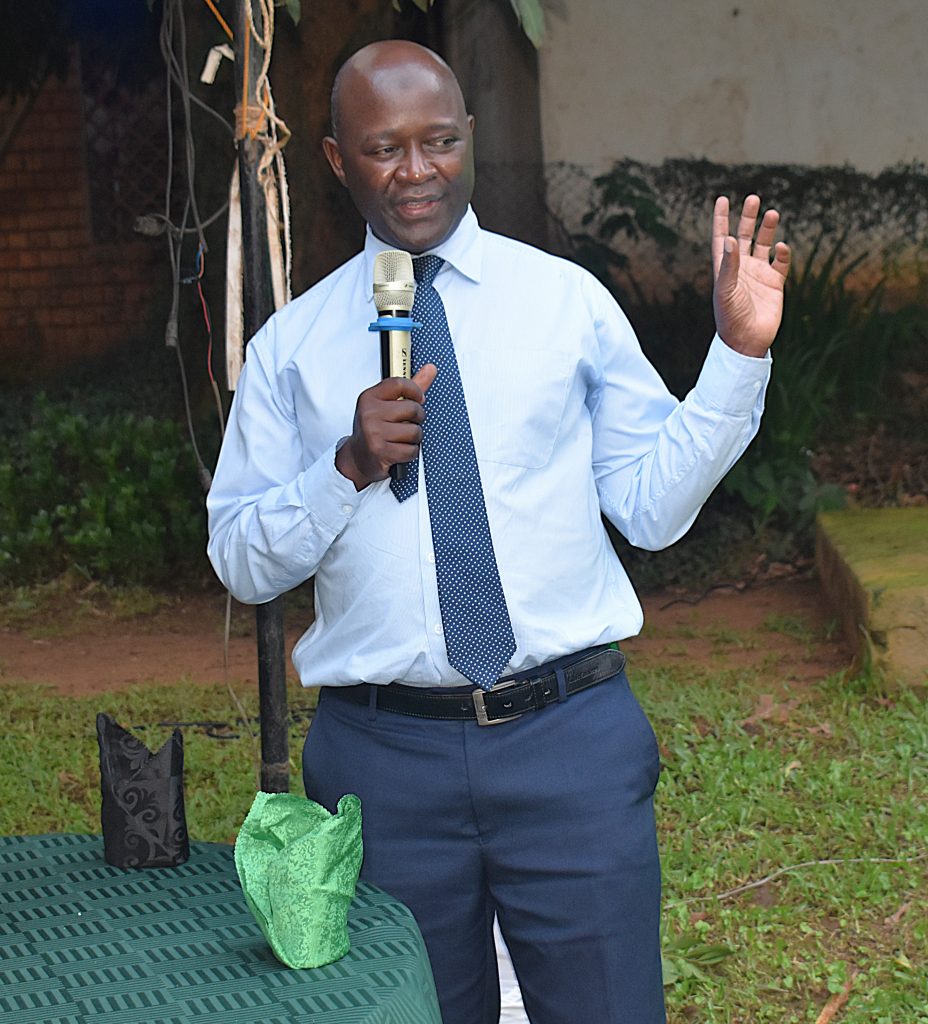
In their remarks, the students commended the PI and the leadership of CAES for the parental gesture. Outlining their expectations, the students emphasized the need for support to enable them complete their studies on time. They expressed confidence that the knowledge they will acquire from Makerere University will greatly transform their communities.
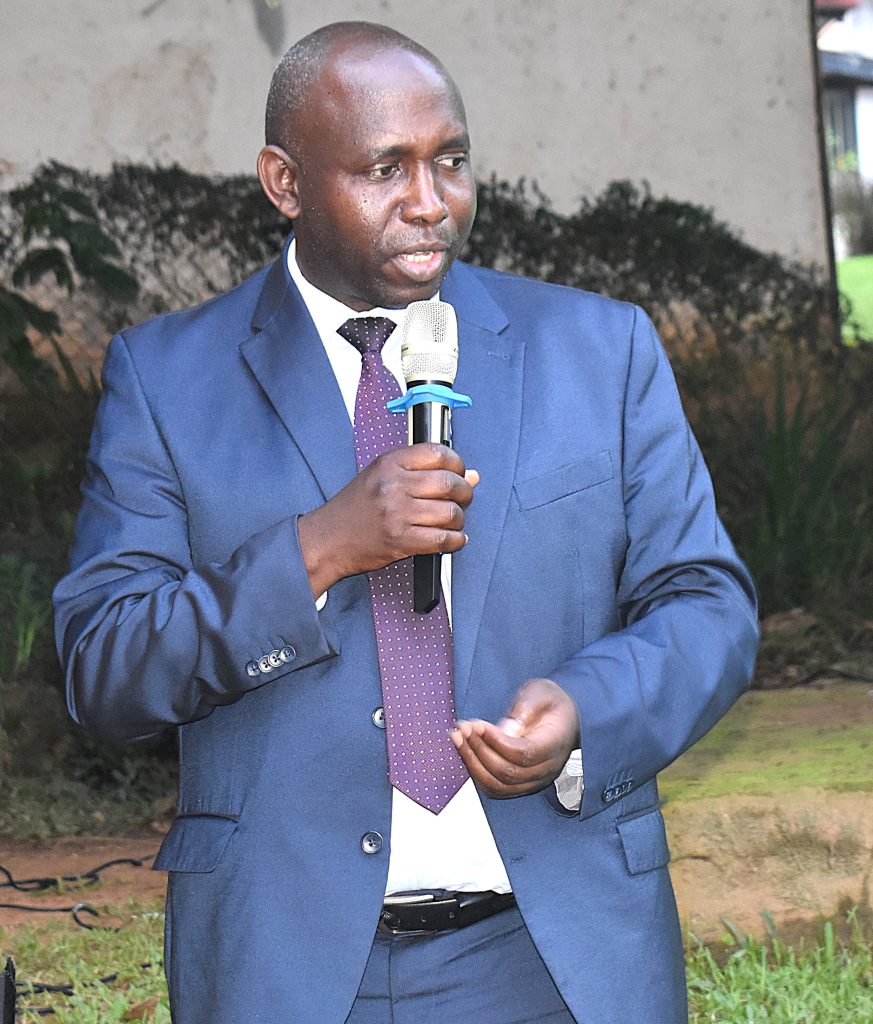
Details on programmes supported by the CaReFoAfrica Project
- Student mobility
Student mobility opportunities are provided to students at Masters or Doctorate level. Student mobility can be of short term, i.e. credit-seeking mobility. This mobility leads to the academic recognition by the home institute of the study/research period spent at the host. Mechanisms to guarantee recognition of the time spent abroad and the studies or research conducted in that period by the home institute are put in place before the mobility takes place. Student mobility can take place for a complete course of an academic programme, i.e. degree-seeking mobility, leading to the award of a degree by the host university after the successful completion of the studies. Only the African universities involved in the project can host mobility of students and staff.
- Trainee mobility
The mobility of trainees entailS placement periods (traineeship) in private or public
organisations / business actors as part of the trainees’ academic programme. Trainees gain substantial and meaningful workplace experience in the project priority area(s) to increase their employability. Candidates are enrolled in a Bachelor/Master/Doctorate programme in one of the African universities involved in the consortium. At the time candidates apply for a scholarship, they must be national of and resident in an African country.
- Staff mobility
Staff mobility can involve academic, administrative, and technical staff. The related activities may vary from teaching assignments, research activities, to administrative tasks, attendance in/delivery of training courses, curriculum development activities, technical support etc. Candidates must be staff members working for one of the universities involved in the project consortium including the EU Technical Partner.
- Special needs
A budget to support students with special needs is available to scholarship holders with disabilities whose long-term physical, mental, intellectual or sensory impairments are certified by a competent national authority and of such nature that their participation in the action would not be possible without the special needs items or services.
